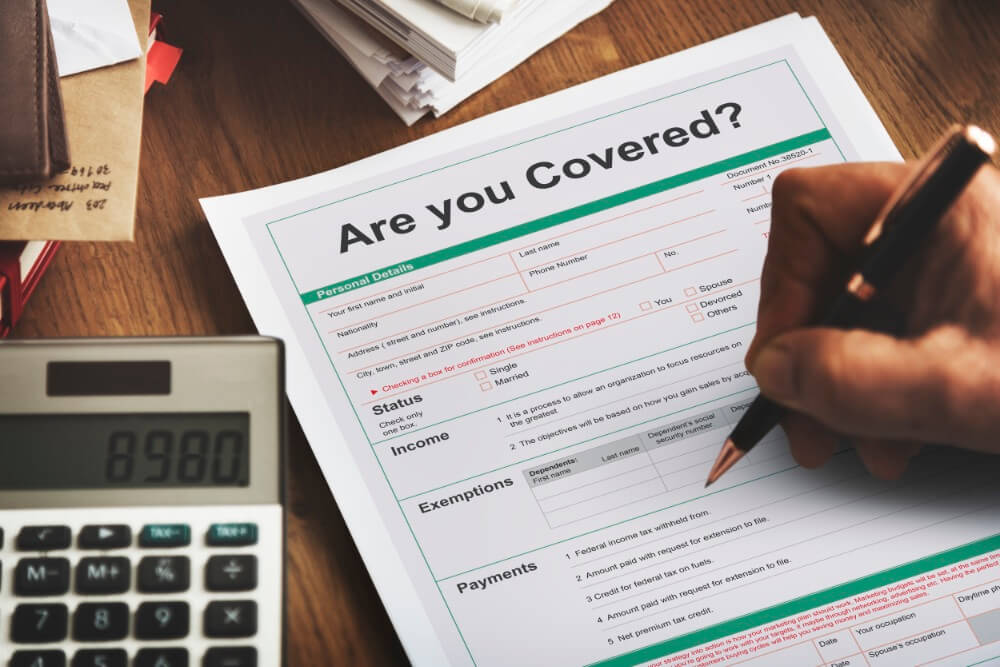Estate Planning for grandchildren
Can grandchildren receive inheritances? Many grandparents wish to provide for their grandchildren, in addition to their children. However, minor children are not legally allowed to own property. With the right strategies and tools, your estate plan can include grandchildren, says a recent article titled “Elder Care: How to provide for your youngest heirs” from the Longview News-Journal.
According to the article, there are a few ways to provide for your grandchildren without making them direct owners of assets. One way is to make annual gifts using the federal gift tax exclusion.
Another way to include grandchildren in your estate planning is through a 529 plan. A 529 plan is a tax-advantaged savings account that can be used to cover education expenses for a designated beneficiary. The account can be used for K-12 education expenses as well as college. With a 529 plan, the account owner maintains control of the account and can change the beneficiary if needed.
Beneficiary Designation
When it comes to estate planning for children and grandchildren, beneficiary designations are an important consideration. If a beneficiary designation on a will, insurance policy or other account lists the name of a minor child, your estate will take longer to settle. A person will need to be named as a guardian of the estate of the minor child, which takes time. The guardian may not be the child’s parent.
The parent of a minor child may not invest and grow any funds, which in some states are required to be deposited in a federally insured account. Periodic reports must be submitted to the court, and audits will need to be done annually. Guardianship requires extensive reporting and any monies spent must be accounted for.
Adult Children/Grandchildren
When the child becomes of legal age, usually 18, the entire amount is then distributed to the child. Few children are mature enough at age 18, even though they think they are, to manage large sums of money. Neither the guardian nor the parent nor the court has any say in what happens to the funds after they are transferred to the child.
How can grandchildren receive their inheritance?
There are many other ways to transfer assets to a minor child to provide more control over how the money is managed and how and when it is distributed.
One option is to leave it to the child’s parent. This takes out the issue of court involvement but may has a few drawbacks: the parent has full control of the asset, with no obligation for it to be set aside for the child’s needs. If the parents divorce or have debt, the money is not protected.
Many states have Uniform Transfers to Minors Accounts. Gifts placed in these accounts are held in custodianship until the child reaches 18 (or 21, depending on state law) and the custodian has a duty to manage the property prudently. Some states have limits on the amount in the accounts, and if the designated custodian passes away before the child reaches legal age, court proceedings may be necessary to name a new custodian. A creditor could file a petition with the court if there is a debt. It is best to consult with an estate planning attorney for legal or tax advice.
What is the best option for transferring funds to a minor child?
For most people, a trust is the best option for placing funds aside for a minor child. The trust can be established during the grandparent’s lifetime or through a testamentary trust after probate of their will is complete. The trust contains directions as to how the money is to be spent: higher education, summer camp, etc. A trustee is named to manage the trust, which may or may not be a parent. If a parent is named trustee, it is important to ensure that they follow the directions of the trust and do not use the property as if it were their own.
A trust allows the assets to be restricted until a child reaches an age of maturity, setting up distributions for a portion of the account at staggered ages, or maintaining the trust with limited distributions throughout their lives. A trust is better to protect the assets from creditors, more so than any other method.
What happens if a grandchild becomes disabled?
A trust for a grandchild can be designed to anticipate the possibility of the child becoming disabled, in which case government benefits would be at risk in the event of a lump sum payment. A trusts can be drafted to hold the assets for the child’s benefit, yet not count as an asset for purposes of means-tested government programs.
There are many options for leaving inheritance to your grandchildren, depending upon the family’s circumstances. In all cases, a conversation with an estate planning professional will help to ensure any type of gift is protected and works with the rest of the estate plan.
Frequently Asked Questions
What is the best way to leave money to grandchildren?
It depends on the circumstances of the family. A trust is often the best option to protect the assets from creditors and to allow for distributions at staggered ages or throughout the life of the child.
Do grandchildren pay a tax on inheritance?
No, inheritance is not considered taxable income.
What is the GST tax?
The GST tax is imposed at a rate of 40% on assets that are directly transferred to grandchildren or held in trust for them, in case you choose to bypass your children. The GST allocation available to each person is equal to the estate tax exemption amount, which stands at $12,060,000 per person in the year 2022. Due to this similarity in value, many individuals mistakenly consider the GST and estate taxes as the same tax. However, it is essential to note that these are two distinct taxes.
What’s the difference between estate tax and inheritance tax?
An estate tax is charged against the estate, regardless of who inherits the deceased’s assets.
Can a minor child inherit a house?
Yes, but if the house is sold, the proceeds must be deposited in a court-supervised account until the child reaches legal age.
What is a custodial account?
A custodial account is an account set up by a grandparent (or other adult) for the benefit of a minor child. The money in the account is managed by a custodian until the child reaches legal age.
What happens when a grandchild inherits money?
The money will be placed in a court-supervised account until the child reaches legal age. The guardian of the child will have control over how the money is spent.
What is the difference between a guardianship and a trust?
A guardianship gives the guardian control over how the money is spent but does not protect the money from creditors. A trust protects the money from creditors and allows for distributions at staggered ages or throughout the life of the child.
What is an incentive trust?
An incentive trust is a trust that gives the trustee discretion to make distributions to the beneficiary based on certain conditions, such as getting good grades or completing drug rehabilitation.
What is a 529 Plan?
A 529 Plan is a tax-advantaged savings plan designed to encourage saving for future college education or other education expenses. contributions to the plan are not tax-deductible, but withdrawals are tax-free if used for qualified education expenses.
Estate planning legal services in New Jersey
To discuss how grandchildren can receive inheritances or other estate planning strategies, book a call with estate planning attorney Benjamin D. Eckman. The Law Firm of Benjamin Eckman has offices in the Wayne, Union and Hackensack, New Jersey.





